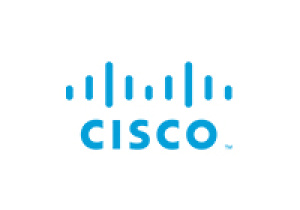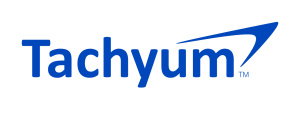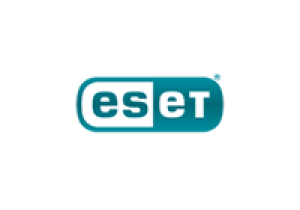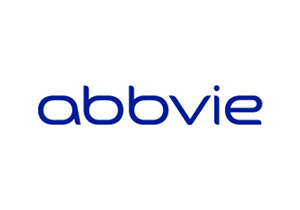Is the Drug for COVID-19 Already Known?

The artificial intelligence developed in Slovakia offers the answer. The results are promising as there are more potent drugs than we think.
More than 200 potential drugs against COVID-19 have been found by Slovak artificial intelligence AIM in mapping tens of thousands of texts from academic resources around the world. The most promising drugs belong to the group of experimental substances that are currently being developed intensively. About one-third of the potent drugs are already existing drugs for similar diseases, studied in the hope that they will also be effective against coronavirus. And surprisingly, there are also natural substances that could have a healing effect. The AIM COVID-19 project is designed to help researchers around the world.
The persevering global drug-seeking activity against COVID-19 is a wonderful example of what humanity can do when it starts working together. However, the information gathered by thousands of scientific teams is too much to process for the researchers themselves. Slovak Artificial Intelligence AIM (Artificial Intelligence in Medicine) was specially developed as a search tool for biomedical academic texts - not only in a record short time it scans a huge number of relevant academic outputs, but it can also "understand" the relationship between the investigated drug and disease - whether or not the drug helps. It does not do it by itself, it mimics the decisions of human professionals. Control, as well as the actual complementarity of results by experts, are both extremely important for learning artificial intelligence. Thanks to the support and work of biochemists, AIM is constantly improving, and today it achieves a success rate of more than 85%.
“Our artificial intelligence draws a map of current human knowledge in the search for a cure. Every day, thousands of researchers add more information to it. According to this map, scientific teams can progress faster, without unnecessary dead ends," says Michal Ivantyšyn, author of the project and managing director of Direct Impact. He adds that in practice, researchers devote a lot of energy to mapping the situation. The most important role of scientists is to research - similar tools should, therefore, relieve them and support their creative efforts. The role of AIM is to summarize the results of worldwide research and to inform researchers about the work of other teams. It is a tool that makes it easier for scientists to build on the results of others and not repeat the same mistakes.
So far, AIM COVID-19 has been able to identify up to 227 potential drugs by analyzing approximately 30,000 published academic outputs. Chloroquine, Ritonavir, Lopinavir and Remdesivir are the names of just some of the most auspicious drugs currently being tested in the world against the pandemic virus. The AIM project monitors the progress of these drugs through several stages of development and gradual approval. The initial theoretical assumptions that a particular substance may be effective are based largely on the effect of the substance on related diseases or on the so-called in silico studies - results of computer modeling. The medicine is tested in laboratories on cells and model organisms, later on patients and only then - if it is effective - is it officially approved for the treatment of the disease. No drug has yet been officially approved, but several are already approaching this last stage. Two of them - hydroxychloroquine and chloroquine - received special authorization from the Food and Drug Administration (FDA) to be used for patients with COVID-19 (not yet officially approved). Research suggests that an effective drug can also be found among natural substances such as flavonoids (i.e. quercetin), which can also be found in chocolate and red wine. Thus substances with long-known beneficial effects that could be effective in combating COVID-19.
The search results for COVID-19 provided by AIM are free of charge and updated daily at https://covid19-help.org/ as a contribution to global efforts to resist the virus as quickly as possible.
The sources for AIM are respected scientific databases, in particular, PubMed - a database operated by the United States National Library of Medicine with more than 20 million medical academic articles - and data from the Open Research Dataset Challenge, which is built specifically for the artificial intelligence research on COVID-19.



















